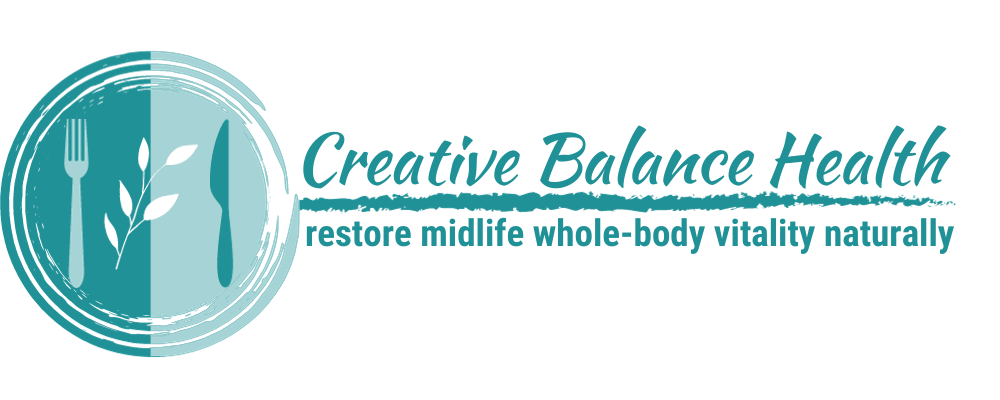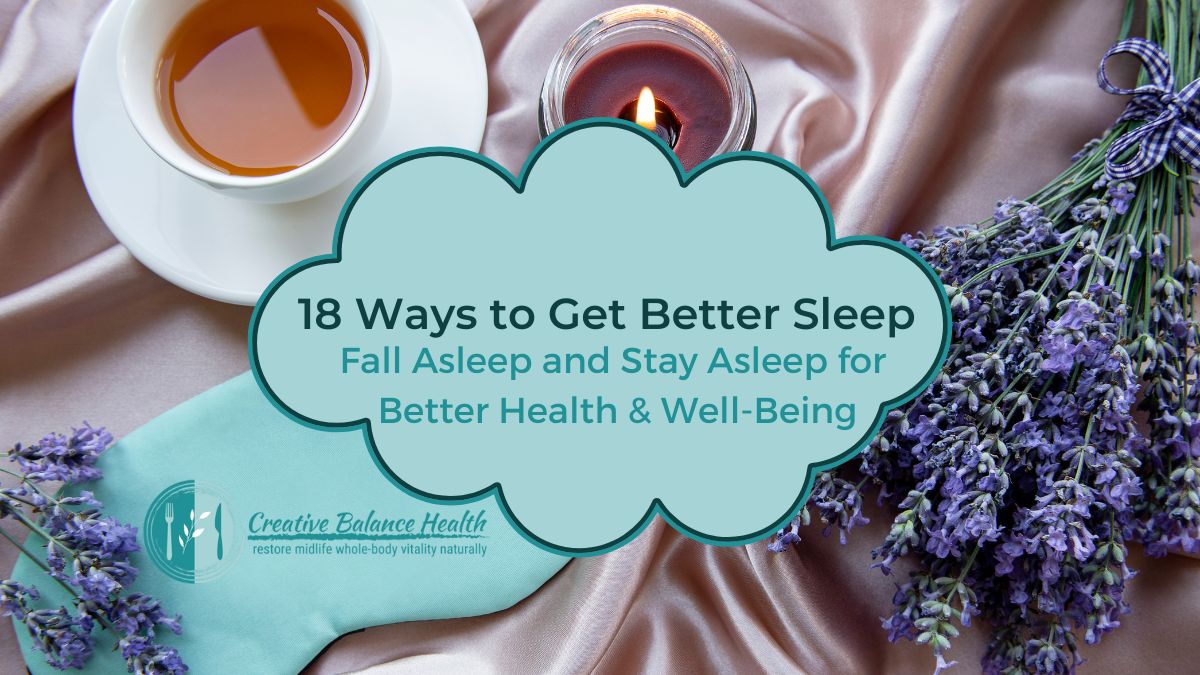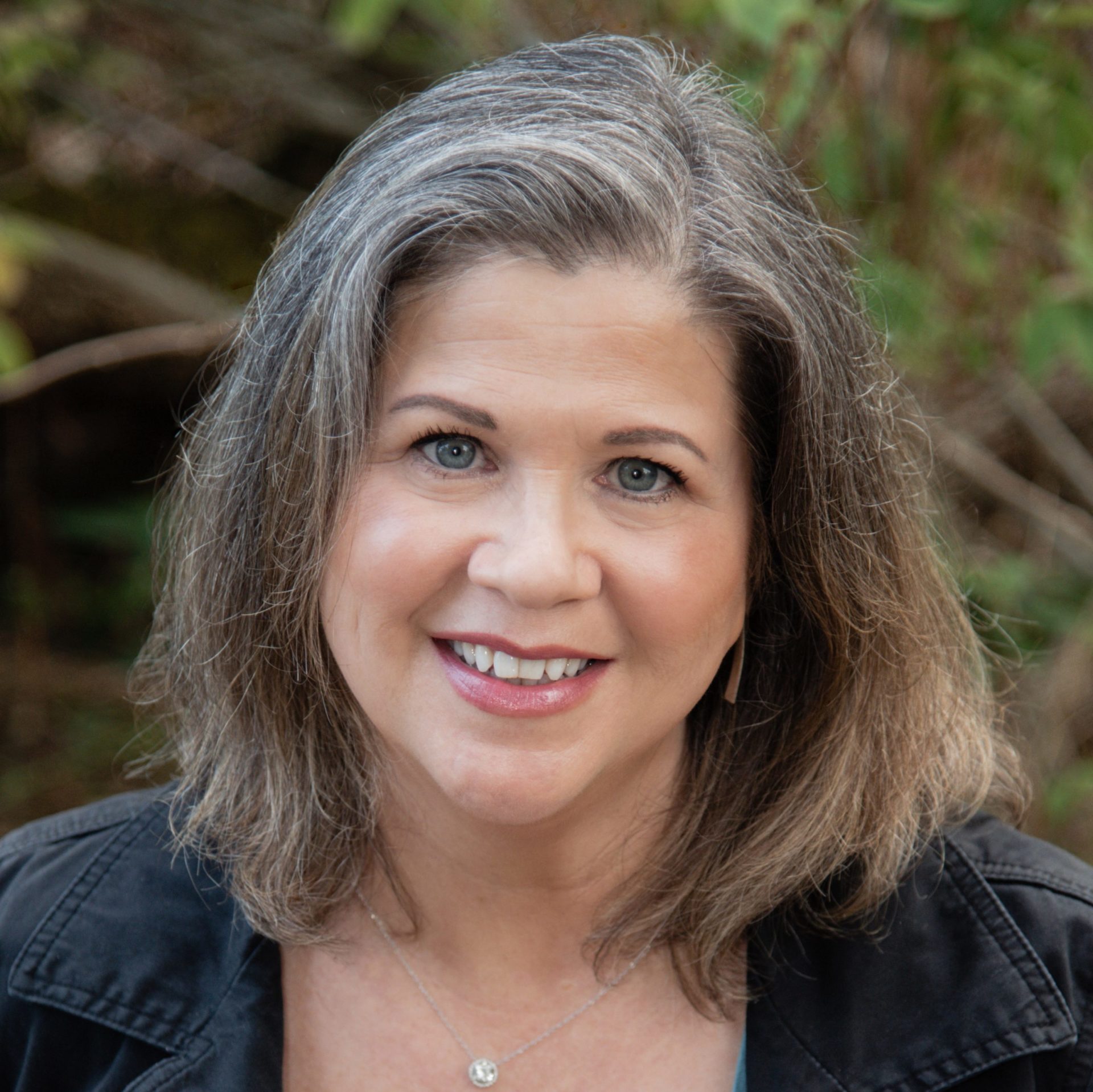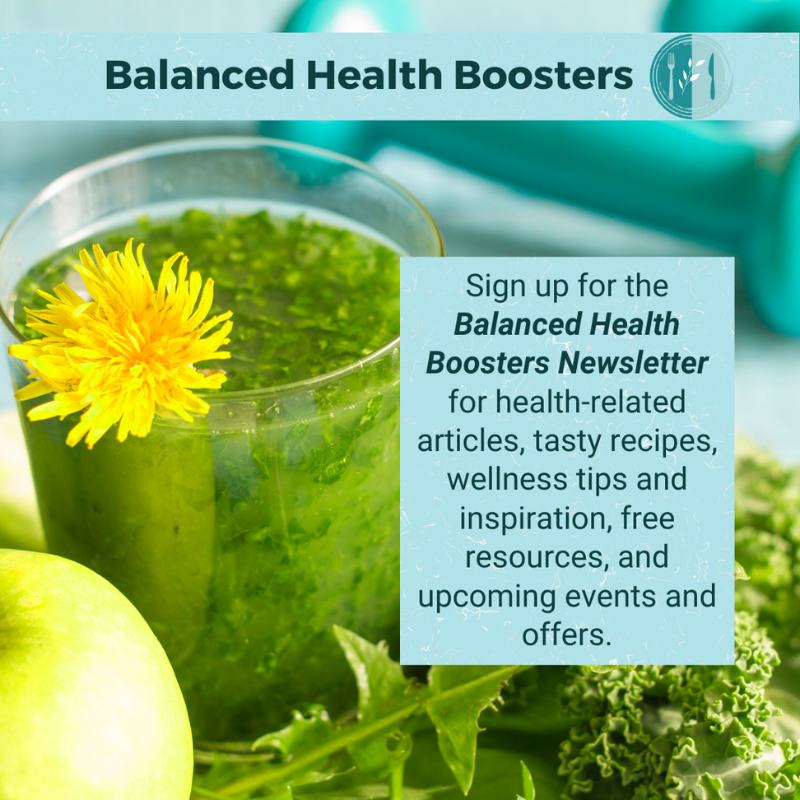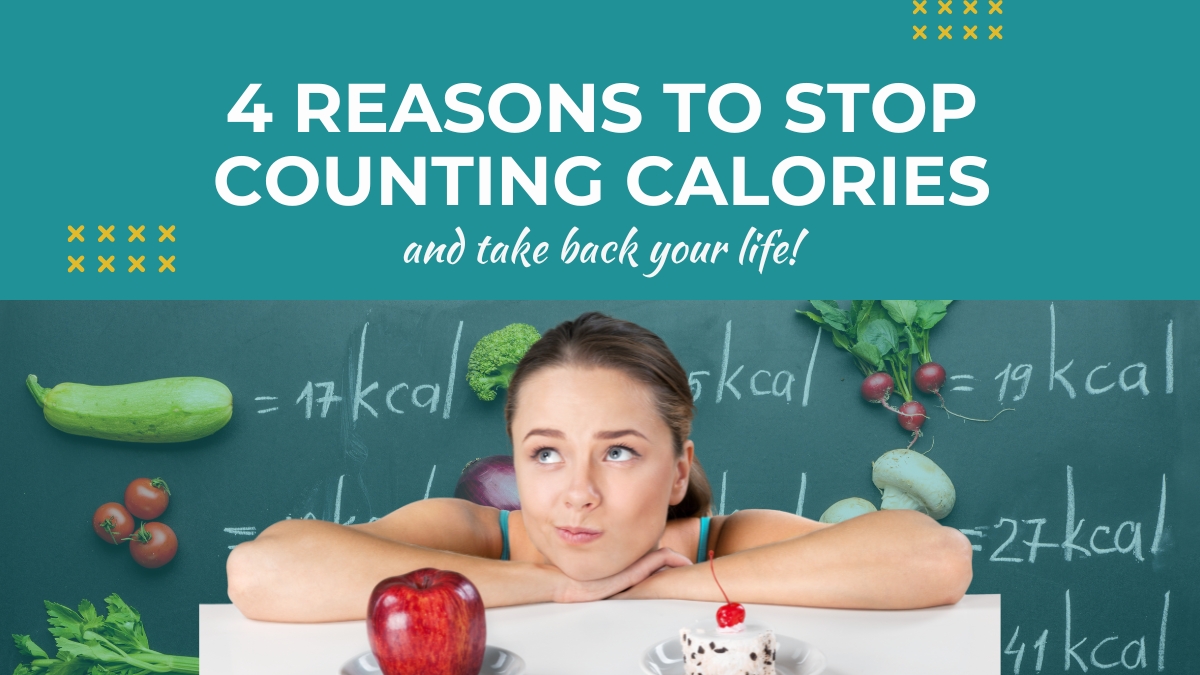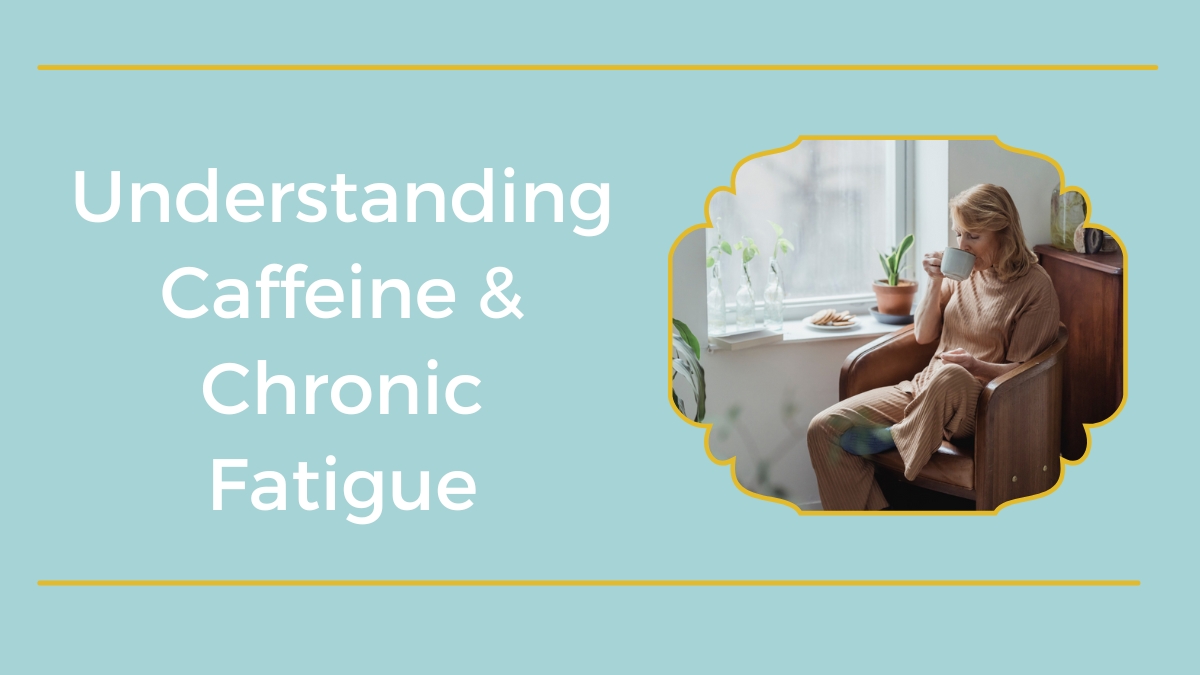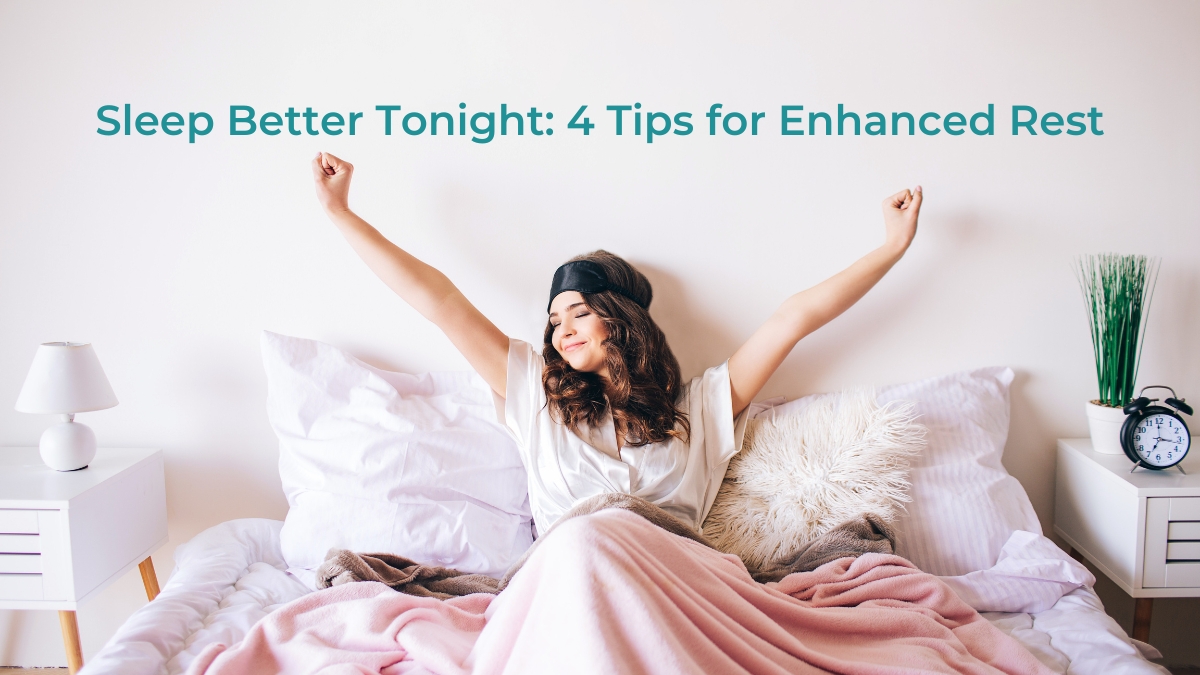Fall Asleep and Stay Asleep for Better Health & Well-Being
Did you know that there is one thing you can do to improve all aspects of your health and well-being?
It’s true!
In this article, we’ll explore 18 effective sleep improvement strategies to help you achieve better health and well-being.
It can be hard to do consistently and difficult to make a priority, but studies show it makes all the difference!
That one simple thing that we all can do is – sleep!
In the previous blog post, Midlife Energy Boost: Sleep for More Energy and Focus, I shared why sleep is so crucial for energy, focus, and better health.
If you’re not getting your recommended amount of sleep (7-9 hours) every night, there are a few things you can try that my clients find helpful to restore their quality rest so they can wake up refreshed and full of energy to get stuff done. (Click Here for 5 Reasons Your Health Needs Enough Sleep and a Quick Tip for Insomnia)
18 Sleep Improvement Strategies
Let’s dive into these sleep improvement strategies to help you fall asleep faster and stay asleep longer. Start by choosing one or two that resonate most with you. If you can, try the number one recommendation below first because it’s the most important.
1 – Sleep Improvement Strategy: Setting a Sleep Schedule
Having a consistent sleep schedule is one of the most important things you can do. Our society promotes round-the-clock activity. This can affect anyone, not just shift workers and students. Time dedicated to sleep is often consciously reduced due to work demands and social activities. (1,3,10,11)
Try to go to bed and wake up at the same time every day, including weekends, as much as possible. (12)
2 – Create a calming bedtime routine and practice it regularly.
Make self-care a priority. Whether that includes bedtime yoga, a relaxing bath, warm herbal tea, and/or a soothing book, do what works to help you wind down for the night. (3,10,12) (Click here for 5 Simple Mind-Altering Strategies to Reduce Your Stress)
3 – Bright light in the day; block the blue at night.
Expose your eyes to bright light during the day, especially in the morning. This also means avoiding bright lights at night wherever possible because it can extend the time it takes you to fall asleep. This includes watching screens before bed. Why? Because your eyes respond to cues from light. When the light is dimmer and has more red wavelengths (think of a sunset), your brain makes the “sleep hormone” melatonin. (3,12,13)

4 – Is your bedroom comfortable?
A restful bedroom is a primary sleep improvement strategy to work on. Your bedroom should be cool and dark, so you aren’t woken by being too hot or cold or when the sun gets too bright. (3,12) Your mattress should be comfortable, too. If sounds bother you, consider blocking them out with a fan or white noise machine. (11)
5 – Regular exercise.
Exercising 20-30 minutes each day can help, particularly aerobic exercises like walking, jogging, or swimming. (11) Try to finish your exercise a few hours before you plan to go to bed so you have time to relax. (1,3) (Click Here for 3 Ways to Move Your Body Without Working Out)
6 – Can you handle caffeine at night? Are you sure?
Caffeine works to wake you up by blocking the sleep-promoting effects of the compound adenosine. This reduces your ability to fall asleep. Caffeine can also increase the need to go to the bathroom, which can wake you up once you are asleep. The effects of caffeine on your body and brain can last several hours. (14) (Click Here to read up on How Much Caffeine is Too Much Caffeine)
A study published in the Journal of Clinical Sleep Medicine shows that the more caffeine you have before bed, the more it disrupts your sleep. They recommend not having caffeine within 6 hours of going to sleep. So, if you go to sleep at 10 p.m., make sure your sleep improvement strategy includes eliminate energy drinks, coffee, hot chocolate, caffeinated pop/soda, tea, etc. by 4 p.m. at the latest. Ideally, you would cut those out even earlier in the day. (3,12,13,16)
FUN FACT: If you have caffeine within 3-6 hours of going to sleep you may not even know that your sleep is being disrupted—even though it might be. (15)
7 – Avoid tobacco.
Nicotine stimulates your brain and your heart, making it harder to fall asleep. (14) Avoid tobacco products, including regular cigarettes and nicotine-containing e-cigs. (3,12) If you have a very difficult time quitting, avoid it for at least two hours before you want to go to sleep. (14)
8 – Nix the nightcaps.
You should avoid alcohol before bed because it negatively impacts sleep quality by reducing REM sleep. (14) Having alcohol before bed may seem okay because it can make you feel tired, but you don’t get quality sleep. Keep the alcohol to a minimum and imbibe during “Happy Hour” in the very early evening before 7 pm to allow your body time to process the alcohol so it doesn’t raise your heart rate while you sleep, which hampers the reparative deep sleep cycles your body needs to fully recover and rest. (3,12,14)
9 – Stomach issues?
Having a large meal before bed can disrupt sleep. This is especially true if you experience acid reflux or heartburn. (12) Try eating earlier throughout the day so you’re not too hungry when it’s time to sleep. Ideally, have dinner at least 3-4 hours before bed. If you must have a snack before bed, make it a very small one with a good mix of protein and healthy fat to go with any low-glycemic carbs, such as half a small handful of almonds or a quarter cup of plain yogurt.

10 – Nighttime bathroom breaks?
Drinking a lot of liquids before bed can wake you up to go to the bathroom, so try to hydrate throughout the day so you’re not thirsty before bed. Try frontloading your beverages, drinking 40 ounces of pure water by midmorning, and stopping all liquids 2 hours before bed. (12) (Click Here for 5 Ways to Add a Little Taste to Your Water)
11 – Are you a clock watcher?
Watching your clock when you can’t sleep prevents you from falling asleep. This is because it increases your mental activity (worry), rather than decreases it. This can make falling back asleep more difficult. If you’re lying in bed awake for 20 minutes, try getting up and reading (with low or red/yellow-tinted light) or listening to soft music until you feel tired. (3,11,12)
12 – Naps: yes or no?
Naps are necessary for small children, but if you have trouble falling asleep, try avoiding them. There is one exception, though. A study in the British Medical Journal suggests that if you’re a college athlete, napping may improve your performance. (12)
13 – Stop multi-purposing your bed.
Your bed should be used for two things only: sleep and sex. If you’re lying in bed awake, try getting out for a short time and trying again. There is strong evidence that this can help prevent insomnia and, over time, can improve the quality of your sleep. (12)
14 – Calm your mind.
Along with the growing public interest in mindfulness and meditation, there is a growing body of research as well. A recent review of several studies showed that mindfulness and meditation significantly improved sleep quality. (17) You can also try breathing exercises, EFT (tapping), or progressive muscle relaxation. (18) (Click Here for 4 Tips to Transform Your Mind)
15 – Be social.
Feelings of loneliness can affect your sleep. If you feel isolated and have little social support, you are more likely to suffer from the effects of stress and have more difficulty falling asleep and maintaining sleep. If your partner feels lonely and has poor-quality sleep, you’re more likely to be affected, too. Loneliness is associated with many sleep disorders, including insomnia, nightmares, and anxiety. (1)
Try things to help you feel more connected like thanking people who help you in day-to-day life, reaching out to someone by email or social media, or signing up to volunteer in your community. Just keep those activities to the daytime or early evening, especially social media, so you can avoid overstimulation and be calm and collected before bed.
16 – Try to sleep along with your natural chronotype.
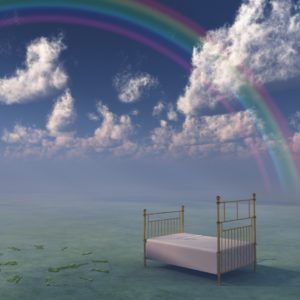
If you’re an “early bird,” go to bed and wake up early. If you are a “night owl,” then try to create a schedule where you can wake up later in the morning.
17 – Sleep supplements?
Melatonin supplements might be a sleep improvement strategy you are currently using to help feel sleepy and there is some evidence that it helps with jet lag. But, before you try these, note that they’re not recommended for everyone and have many known interactions.
Melatonin, along with other sleep-related supplements like GABA, Valerian root, and 5-HTP may also make you feel groggy or dizzy in the morning and are often sold in strengths that are unnecessarily too potent. This is a case where less is definitely more, and you will want to start with the weakest strength possible.
Note that many OTC sleep aid products are just antihistamines marketed as sleep remedies. Overuse of these types of products may result in dependency and they can also mess with your body’s natural circadian rhythm. Be sure to read the warnings and cautions on the label and check with your healthcare professional to be sure they’re ok for you. (19)
FUN FACT: Some melatonin supplements are not meant to be swallowed but instead dissolved under the tongue (sublingual). Be sure to check your product labels to use them as recommended.
18 – Taking medications?
Some medications can disturb sleep (e.g., beta-blockers, corticosteroids, analgesics, antidepressants). (2) If you’re taking medications, speak with your doctor or pharmacist to see if yours is one of them and if there may be alternatives to consider.
By applying these sleep improvement strategies, you can significantly enhance your sleep quality and overall well-being.
If these sleep improvement strategies don’t help or you think you may have a sleep disorder, see your healthcare professional.
I help my clients located anywhere in the USA eliminate their business-interfering fatigue and restore their Get-Stuff-Done Energy with my Fatigue Fix + Focus Formula Program. Want to learn more? Schedule your FREE 30-minute Health Discovery Session with me today!
References
1. Magnavita, N., & Garbarino, S. (2017). Sleep, Health and Wellness at Work: A Scoping Review. International journal of environmental research and public health, 14(11), 1347. doi:10.3390/ijerph14111347
LINK: https://www.ncbi.nlm.nih.gov/pubmed/29113118
LINK: https://www.ncbi.nlm.nih.gov/pmc/articles/PMC5707986/
2. Besedovsky, L., Lange, T., & Haack, M. (2019). The Sleep-Immune Crosstalk in Health and Disease. Physiological Reviews, 99(3), 1325-1380. doi: 10.1152/physrev.00010.2018
LINK: https://www.ncbi.nlm.nih.gov/pubmed/30920354
3. National Institute of Neurological Disorders and Stroke. (2019, August 13). Brain Basics: Understanding Sleep. Retrieved from https://www.ninds.nih.gov/disorders/Patient-Caregiver-Education/Understanding-Sleep
4. Harvard Health. (2018, May 9). Repaying your sleep debt. Retrieved from https://www.health.harvard.edu/womens-health/repaying-your-sleep-debt
5. Centers for Disease Control and Prevention. (2017, March 2). Sleep and sleep disorders. How Much Sleep Do I Need? https://www.cdc.gov/sleep/about_sleep/how_much_sleep.html
6. Henst, R. H. P., Pienaar, P. R, Roden, L. C., & Rae, D. E. (2019). The effects of sleep extension on cardiometabolic risk factors: A systematic review. Journal of sleep research.
LINK: https://doi.org/10.1111/jsr.12865
LINK: https://onlinelibrary.wiley.com/doi/full/10.1111/jsr.12865
7. Plante D. T. (2017). Sleep propensity in psychiatric hypersomnolence: A systematic review and meta-analysis of multiple sleep latency test findings. Sleep medicine reviews, 31, 48–57. doi:10.1016/j.smrv.2016.01.004
LINK: https://www.ncbi.nlm.nih.gov/pmc/articles/PMC4945489/
8. Pires, G. N., Bezerra, A. G., Tufik, S., & Andersen, M. L. (2016). Effects of acute sleep deprivation on state anxiety levels: a systematic review and meta-analysis. Sleep Med, 24, 109-118. doi: 10.1016/j.sleep.2016.07.019.
LINK: https://www.ncbi.nlm.nih.gov/pubmed/27810176
9. NIH Research Matters. (2013, October 28). How Sleep Clears the Brain. Retrieved from https://www.nih.gov/news-events/nih-research-matters/how-sleep-clears-brain
10. Harvard Health. (2015, August). Restructure your day to get a better night’s sleep. Retrieved from https://www.health.harvard.edu/sleep/restructure-your-day-to-get-a-better-nights-sleep
11. Harvard Health. (2016, September). Awake at 3 a.m.? Strategies to help you to get back to sleep. Retrieved from https://www.health.harvard.edu/sleep/awake-at-3-am-strategies-to-help-you-to-get-back-to-sleep
12. Kroshus E, Wagner J, Wyrick D, et al. (2019). Wake up call for collegiate athlete sleep: narrative review and consensus recommendations from the NCAA Interassociation Task Force on Sleep and Wellness. British Journal of Sports Medicine, 53, 731-736.
LINK: https://bjsm.bmj.com/content/53/12/731
13. John’s Hopkins Medicine. (n.d.). The Science of Sleep: Understanding What Happens When You Sleep. Retrieved from
14. Harvard Health. (n.d.). 3 simple ways to get more restful sleep. Retrieved from https://www.health.harvard.edu/staying-healthy/3-ways-to-get-more-restful-sleep
15. Drake, C., Roehrs, T., Shambroom, J., & Roth, T. (2013). Caffeine effects on sleep taken 0, 3, or 6 hours before going to bed. Journal of clinical sleep medicine : JCSM : official publication of the American Academy of Sleep Medicine, 9(11), 1195–1200. doi:10.5664/jcsm.3170
LINK: https://www.ncbi.nlm.nih.gov/pmc/articles/PMC3805807/
16. Pickering, C., & Grgic, J. (2019). Caffeine and Exercise: What Next? Sports Med, 49, 1007. LINK: https://doi.org/10.1007/s40279-019-01101-0
LINK: https://link.springer.com/article/10.1007%2Fs40279-019-01101-0
17. Rusch, H. L., Rosario, M., Levison, L. M., Olivera, A., Livingston, W. S., Wu, T., & Gill, J. M. (2019). The effect of mindfulness meditation on sleep quality: a systematic review and meta-analysis of randomized controlled trials. Annals of the New York Academy of Science, 1445(1), 5-16. doi: 10.1111/nyas.13996
LINK: https://www.ncbi.nlm.nih.gov/pubmed/30575050
18. Harvard Health. (n.d.). 4 ways to get better sleep. Retrieved from https://www.health.harvard.edu/staying-healthy/4-ways-to-get-better-sleep
19. Health Canada. (2019, September 26). Melatonin Natural Health Product Monograph. Retrieved from http://webprod.hc-sc.gc.ca/nhpid-bdipsn/atReq.do?atid=melatonin.sublinguale&lang=eng
